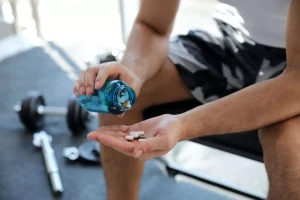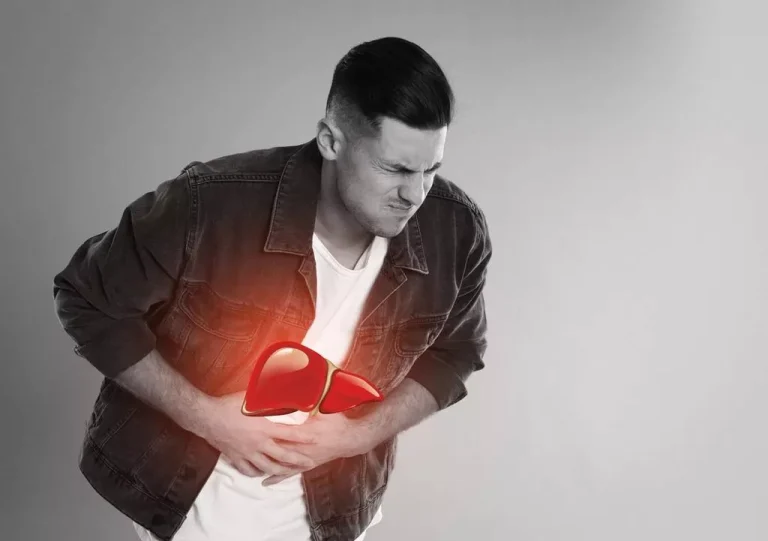
Relapse prevention group topics will often cover the things that are typical triggers for recovering addicts. While many recovery group activities can be heavy and lead to a lot of emotional discovery, there are plenty of fun relapse prevention group activities, too. People attending these groups can often be nervous or even embarrassed to share some of their stories. Group activities weren’t just a temporary relief; they were a transformative journey.

Mindfulness in the Moment

In addition to the literature search identifying peer-reviewed articles, this scoping review explored grey literature. Therefore, it is anything that is not formally published in a peer-reviewed journal (Cooper et al., 2009; Godin et al., 2015) and can include websites, policy documents, conference proceedings, and unpublished research (Higgins & Green, 2011). Incorporating grey literature in any forms of evidence synthesis, such as scoping reviews, is seen as good practice as it reduces aspects of publication bias (Hopewell et al., 2007), providing a more comprehensive review. To gain an in-depth understanding of interventions, tools, and resources available focused on maintaining recovery and preventing relapse for patients with anxiety and/or depression symptoms following guided self-help (GSH). For those seeking more information or wishing to join relapse prevention group activities, we encourage you to connect with us at CFC Recovery. Our dedicated team is committed to providing support, guidance, and resources to individuals on their journey to sobriety.
Implementing Your Plan
Group goal-setting helps people in recovery set and pursue meaningful objectives together. By breaking down larger goals into manageable steps according to participants’ capabilities, the group gains a sense of accomplishment and enhanced self-esteem. Art and other creative expression group activities provide people in recovery with an outlet for self-expression and emotional release. Treatment centers use group interventions to help people recover from opioid addiction, alcohol use disorder (AUD), and other SUDs.
- It involves taking the time to tend to your mental and physical health, such as getting enough sleep, eating healthy food, and exercising regularly.
- Research indicates that the prevalence of a second episode after treatment for depression is 50%, this figure rising to 90% following three episodes (Burcusa & Lacono., 2007).
- For instance, book yourself a relaxing massage or buy yourself something you’ve had your eye on.
- There were no restrictions regarding the methodology of the studies, allowing for the inclusion of qualitative and quantitative research.
- If you’ve relapsed before, try to identify the feelings you felt before your relapse.
Leveraging Grounding Techniques
Take some time to explore the thoughts, emotions, and circumstances leading to the relapse. Self-reflection can help you identify any underlying issues that need to be addressed and develop strategies for coping with triggers more effectively. After experiencing a relapse, it’s important to avoid being too hard on yourself. Access a reliable friend, family member, or support group therapy sessions to share what you’re going through.
How Is Recovery.com Different?
Of these 17 additional papers identified via citation searching, three were reviewed at full text. Figure 1 illustrates the study selection procedure using a PRISMA-ScR flow diagram and includes the reasons for exclusion at different stages of the scoping review. Of the five authors contacted two responded providing clarification regarding sample population characteristics, and whether the treatment received prior to the relapse prevention intervention was GSH. For the narrative synthesis, three peer-reviewed publications were included, and their data was extracted and presented in Table 1.

The three peer-reviewed studies reporting on the evaluation of their interventions have shown to be effective at reducing the risk of relapse for depression symptoms (Lucock et al., 2018, 2021) or anxiety symptoms (Wright et al., 2000). This suggests that interventions supporting patients following GSH can maximise long term benefits of treatment. These findings corroborate a previous systematic review exploring how interference using a range of psychological therapies following recovery from depression can help reduce the risk of relapse (Clarke et al., 2015). Nonetheless, findings from this scoping review look promising due to the effects reported from two relapse prevention interventions for patients with anxiety or depression treated in short-term, low-intensity care.
What Are The Three Stages of Relapse?
Examples include mindfulness practices, self-reflection, setting and achieving goals and pursuing hobbies and interests. Whether you exercise regularly, eat nutritious meals, or practice mindfulness, establishing healthy routines helps create structure and consistency. By making positive daily choices, you reinforce your commitment to change and reduce the likelihood of emotional relapse. Spring Hill Recovery Center offers several types of evidence-based addiction care, including relapse prevention groups and other forms of aftercare. Specific activities can vary from group to group, but in general, relapse prevention groups help people understand their triggers and implement a plan for dealing with them.
Step Programs
Pause first when you experience these states and find ways to deal with them without turning to substances. Doing so will help you quickly identify and deal with them before they become too overwhelming. Write down a schedule of your favorite support groups and attend a meeting for additional guidance. Commit to talking with one or more of the support group members regularly. You can also reach out to them whenever you experience triggers or cravings.
- For example, a person may be at risk for relapse if they emotionally withdraw from friends and family.
- Family counseling and therapy sessions may help loved ones to better understand the disease of addiction and learn to recognize potential relapse triggers and ways they can support in those instances.
- Recognizing and addressing mental relapse requires alert self-awareness and active coping strategies to prevent spiraling back into addictive behaviors.
- This means surrounding yourself with people who actively support your recovery.
- By understanding the causes and processes of relapse, advances in the long-terms efficacy of psychological therapies can be made (Brandon et al., 2007; Scholten et al., 2013).
- They also provide counseling services to teach healthier coping strategies for stress and negative emotions.
Join a Support Group
Our relapse prevention therapy program empowers you with the strategies and skills to maintain sobriety and navigate daily challenges. Building a support network is relapse prevention skills like building a safety net for your journey to sobriety. It’s about surrounding yourself with people who uplift and encourage you, especially during tough times.